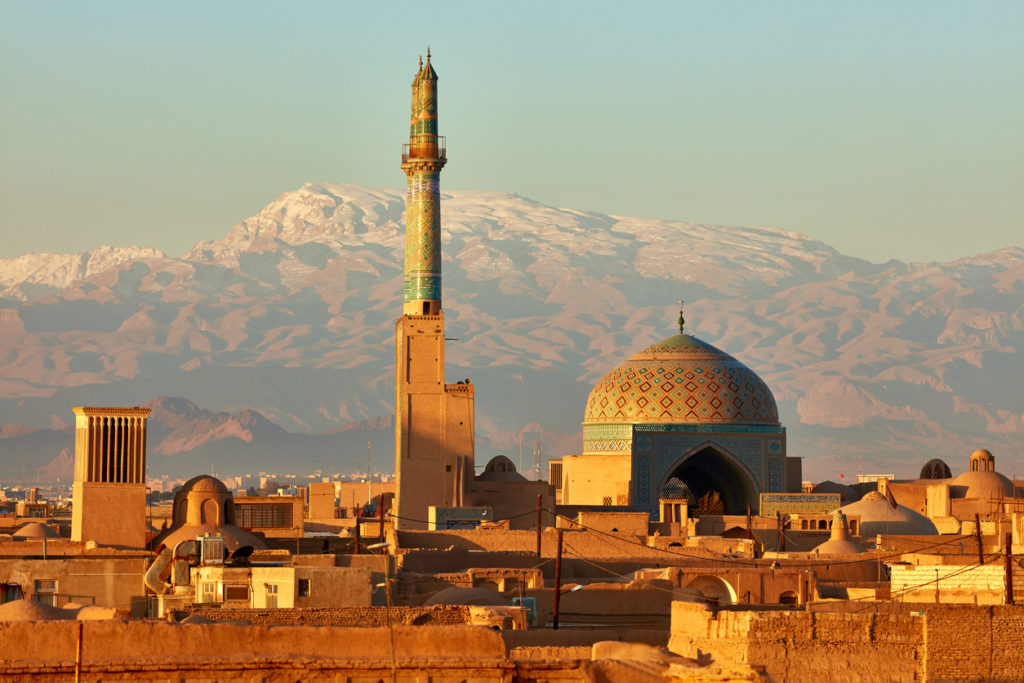The case of Nazanin Zaghari-Ratcliffe, a British-Iranian dual citizen who was arrested in April 2016 while visiting family in Iran and subsequently charged with conspiring to “topple the Iranian regime”, was recently returned to public attention due to a UN petition for her release – a request that was denied by the prosecutor general of Iran in October.
Her case, however, highlights a disturbing trend in Iran, that of Iranian dual-nationals – a significant number of which are also citizens of European countries – being arrested on flimsy charges relating to espionage or national security by the Iranian Revolutionary Guard. As detailed by Reuters, the IRGC has arrested at least 30 such dual nationals in the past two years alone, and marks a sharp rise in arrests since the 2015 Joint Comprehensive Plan of Action “nuclear deal” was signed.
“We consider that Ms. Zaghari-Ratcliffe has been arbitrarily deprived of her liberty and that her right to a fair trial before an independent and impartial tribunal has been violated,” the UN human rights experts said. “These are flagrant violations of Iran’s obligations under international law.”
The motives behind this are not immediately clear, but it has been claimed by families of those detained, and their legal representatives, that the IRCG is using the detainees as bargaining chips to further Iran’s international influence, holding them as an implicit threat in the event of a breakdown in the treaty and Iran’s wider relations with Europe and North America.
However, it is worth noting that under the previous sanctions regime, the Revolutionary Guard made significant inroads into the Iranian economy, and those gains are now being threatened by the easing of sanctions and increased competition from international firms. If the motive is more economic than political, then the IRGC’s primary goal is likely to try and intimidate foreign companies who are increasingly investing in Iran, with an eye to regaining some of their share of the economy. If these actions precipitate a more hostile political relationship between the Iranian government and European states, this may also dissuade investors concerned about international volatility, and so also work to the economic interests of the Revolutionary Guard.
The Iranian government does not technically recognise dual-nationality, and its intelligence and security services frequently act with impunity. Internal security is the remit of several agencies including branches of the Iranian police, the Basiji and the IRGC itself, but in practice the latter is the lead agency, especially in the aftermath of the 2009 Iranian protests.
Any individuals with dual Iranian nationality, or companies employing Iranian dual nationals in the country should exercise due caution, as the underlying causes for this behaviour from the IRGC are unlikely to be resolved anytime soon. The Foreign Office has stated that there are “greater risks” for British and British-Iranian citizens travelling in Iran.
Marc Simms is an occasional blogger for Proelium Law LLP. Marc holds a MLitt in Terrorism Studies and a Masters in International Relations, both from St Andrews. His particular interests are in emerging international security issues, unconventional warfare and terrorism.
Need advice?
If you’d like further information, or to discuss working with us, please get in touch






